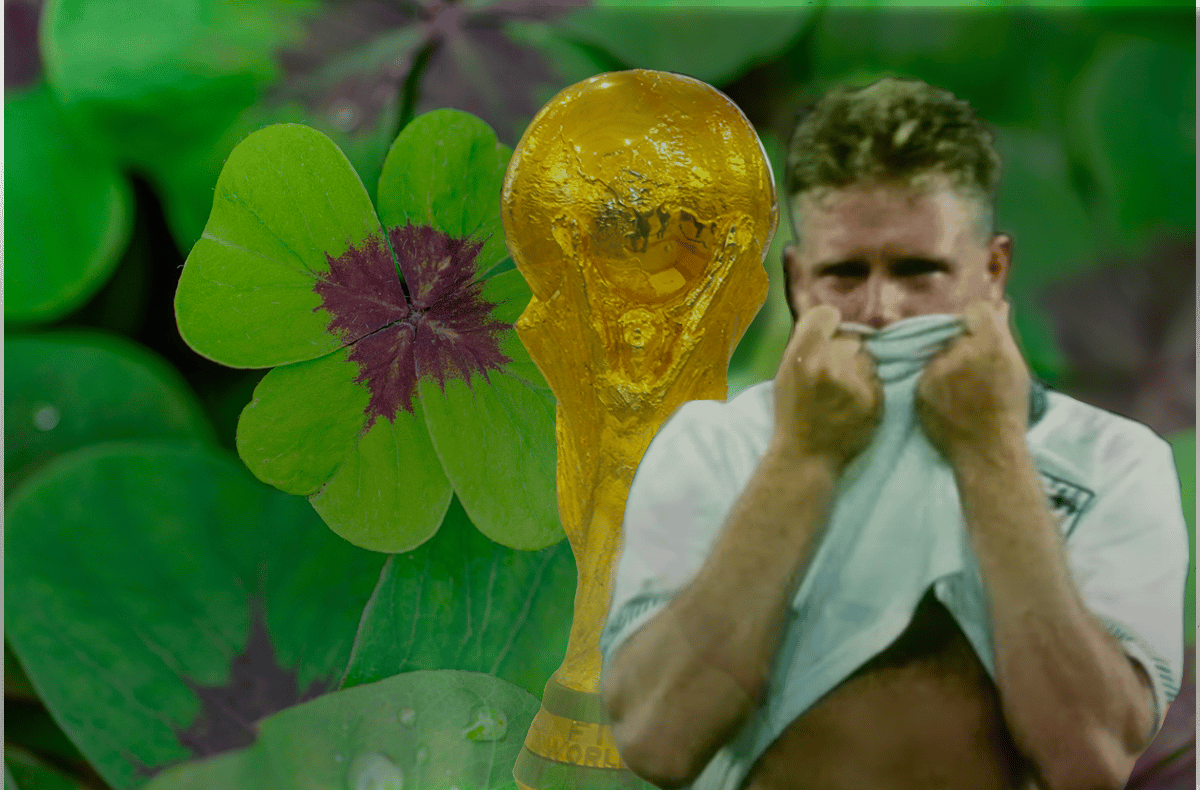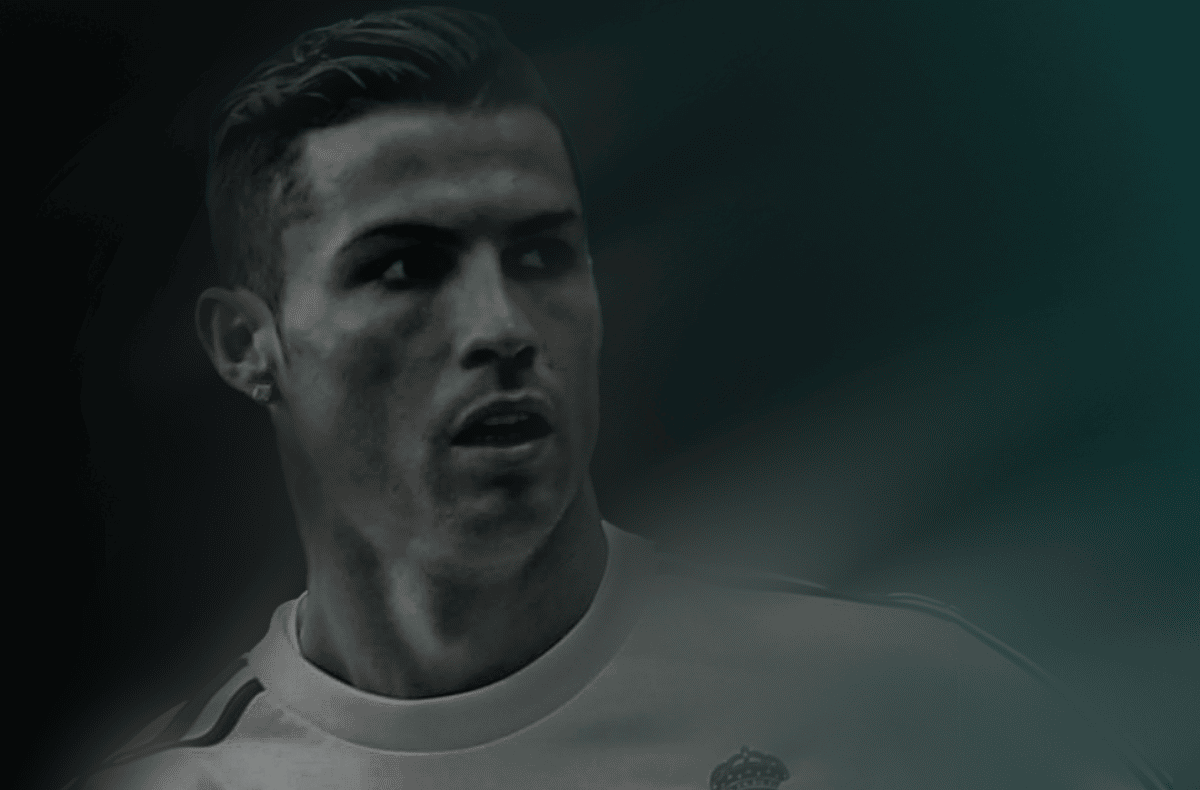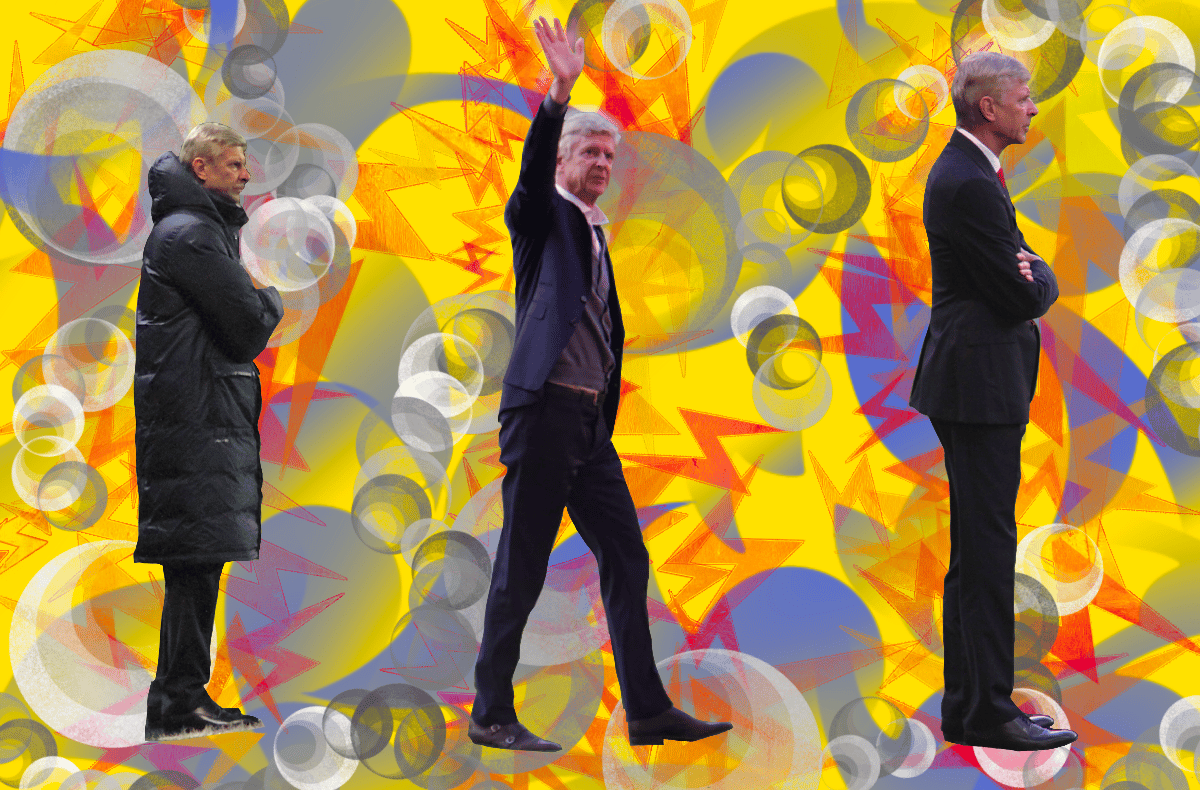
I recently started a full-time course for which we all needed to buy new textbooks. They were cripplingly expensive, but I bought them because… well, I had to. And so did everybody else.
Now, imagine if I had a kind family member or a generous friend who had been willing to buy my textbooks for me. Said saint never did turn up, but imagine they had. And imagine that they weren’t willing to buy my peers’ books for them. After all, why would they?
In that instance, ought I to have apologized for my good fortune to the rest of the class? Ought I to have felt bad and somehow made it up to everyone else? Of course not! I would have been within my rights to take my good luck, count my savings, and head on into the course with my finances still somewhat intact. There’s nothing grubby about this situation. It’s simply a case of good luck. Everyone, I’m sure, would agree that there’s nothing unfair about profiting off good fortune in this way. After all, the books wouldn’t have found their way to me by dodgy means—rather, as an act of generosity.
By the same token, we should love it when the FIFA World Cup draw has a clear group of death as well as one group evidently the weakest. We should love it when the route to the semi-final or the finals “opens up” for a team who might otherwise have really struggled to go so deep in the tournament. This chaos, this fortune: it’s beautiful.
Beautiful because it causes sports to be unpredictable. Frankly, why did we ever become emotionally invested in sports at all if not because it throws up narratives that few could have seen coming? That’s why we love sports: you don’t know what will happen. Though a ball is not kicked during the process, a World Cup draw is sports in its purest form: potential narratives literally coming to be or not according to which folded piece of paper a man pulls out of a goldfish bowl.
Kind runs have been the ingredients for some of the FIFA World Cup’s best moments. Costa Rica was tossed brutally into the far-and-away group of death in 2014, where they faced three former winners of the tournament in England, Italy, and Uruguay. They were rank outsiders, except they stunned all three sides and finished top. They finished fifth at that World Cup, taking Louis van Gaal’s Netherlands all the way to an eventually ill-fated penalty shootout at the quarter-finals. Costa Rica was playing in its fourth World Cup and its population was fewer than 5 million people at the time. A ridiculous achievement, perhaps made possible by the fact they faced a beatable Greece in the second round. But the draw is the draw is the draw. They won the group of death to the surprise of every onlooker—they’d made their own luck now. They deserved Greece in the next round.
But the point I am trying to drill home holds true even when a side has not necessarily performed so well that they’ve supposedly “earned” their luck. Uruguay made the 2010 semi-finals by beating a very average South Korea in the round of 16 and then creeping past Ghana in the quarter-final. They didn’t “deserve it” necessarily, but they got their luck nonetheless. Yes, Luis Suarez handled the ball. Yes, Uruguay made a meal of their quarter-final tie. Yes, that Ghana side was something to behold. But it was still a match against Ghana for a place in a World Cup semi-final: the route, whichever way you looked at it, was kind to the Uruguayans. Did they deserve it? Nope. Does that matter? No, not in the slightest. The magic of the World Cup draw.
It has been said of England in their two major tournaments under Gareth Southgate that they’ve had easy draws, that they deserve little merit for their semi-final showing in Russia in 2018 and their appearance at the Euros final last summer. It’s true that both tournament draws “opened up” for them, and that they, therefore, faced very few of Europe’s big-hitters, but the old trope still holds true: You can only beat what’s in front of you.
England’s route to the final in Russia was Colombia, Sweden, and then Croatia in the semis before a final against favorite France. Clearly, Croatia cut that kind draw short by knocking Southgate’s young side out, but it was a kind draw—make no mistake about it.
Last summer, they progressed from a very presentable group before knocking out Germany, Ukraine, and then Denmark before losing to Italy in the final on penalties. At the time, Germany’s team was not what they were in their heyday, and Ukraine was as kind a quarter-final opponent as a European Championship is ever likely to throw up. Denmark in the semis was easily underestimated, but still, a more beatable side than Belgium, France, or Spain might have been.
Sepia montages of such unforgettable summers might never have come to be, had the tournament not opened up for England. Still, and I’ll say the old cliché again, you can only beat what’s in front of you.
There is a certain generation of nearly-middle-aged England fans who similarly see the exploits of Sir Bobby Robson’s England at Italia ‘90 with glasses so strongly rose-tinted they almost impair all vision. Paul Gascoigne, through this eyewear, was not only the son but also the father and the holy spirit. His legend was not tainted by his yellow card in the semi-final against West Germany that would have kept him out of the final had England reached it. Instead, the tears he shed into his shirt once England went out saw him deified forever.
However, emotion does funny things to the memory. England was average in the tournament, powered largely by Gascoigne’s individualism and freedom of expression. England drew with Ireland and the Netherlands in the group stage, only reaching the round of 16 thanks to a narrow 1–0 win over Egypt. It took David Platt’s 119th-minute heroics to extinguish Belgium, before two Gary Lineker penalties ensured the Three Lions squeaked past Roger Milla’s Cameroon in the quarter-final. That one also took extra time. England was the beneficiary of a kind draw.
The best performance of their campaign actually saw them eliminated. They were magnificent against West Germany in the semis, eventually losing on penalties. But England was somewhat lucky to be here. Memories of the Lineker “Have a word” moment, of Gazza’s tears, of Stuart Pearce’s sobbing… These may not have come to pass had England not landed a kind draw at Italia ‘90.
This World Cup will open up for a lucky few in the same way. Tournaments always do, and that’s a wholly positive thing. Sports are about good narratives. And good narratives are about the unpredictable.



